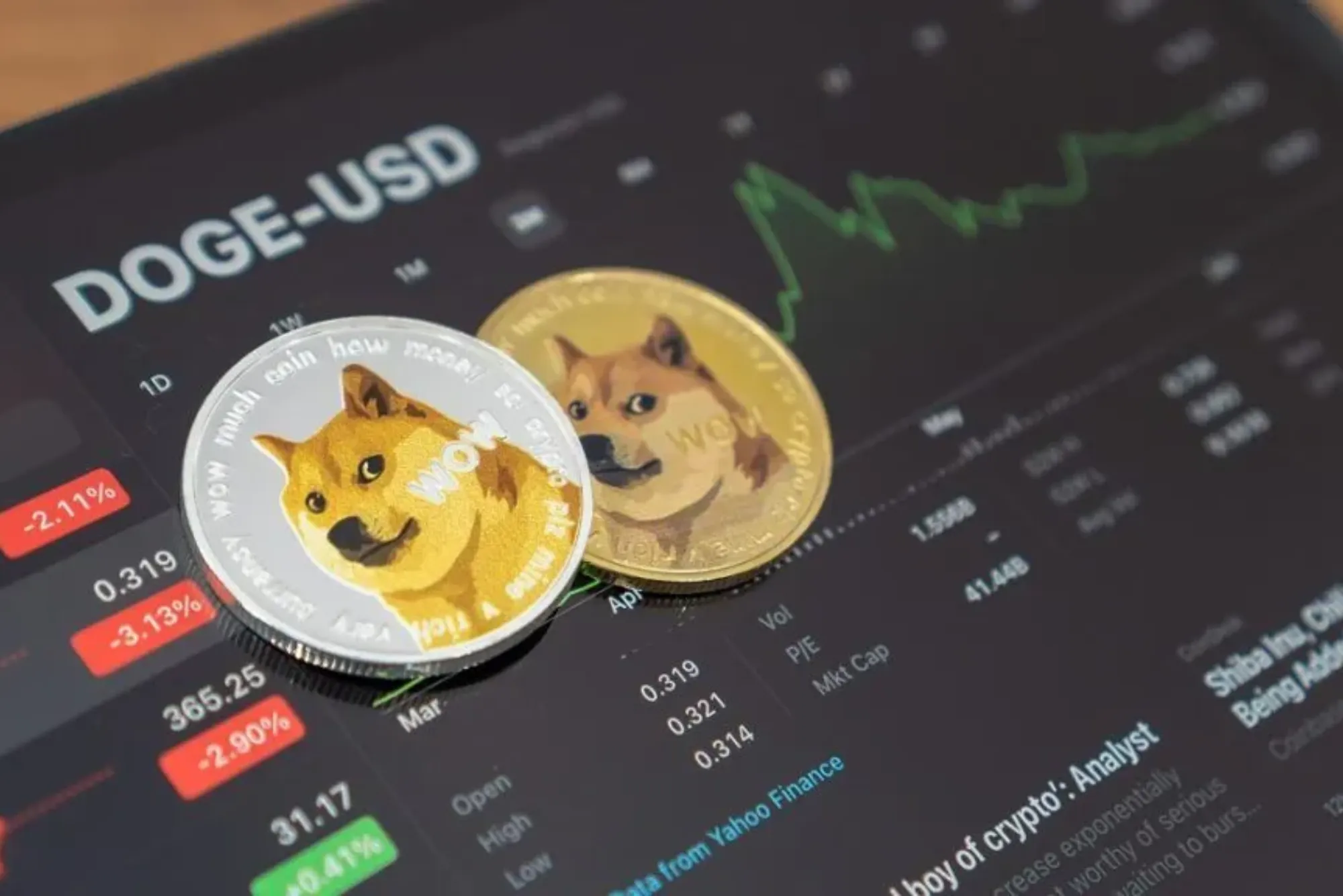In the ever-expanding universe of cryptocurrencies, Dogecoin has emerged as a vibrant and somewhat eccentric player. Initially created as a joke or a meme, Dogecoin has garnered a considerable following and even gained traction as a viable digital currency for transactions. However, amidst the enthusiasm surrounding Dogecoin, questions persist about its privacy features. In this article, we delve into the intricacies of Dogecoin to determine whether it can truly be classified as a private cryptocurrency. Additionally, we explore its susceptibility to cryptocurrency crashes, a factor that significantly impacts its stability and viability.
Understanding Dogecoin
Dogecoin, introduced in 2013 by software engineers Billy Markus and Jackson Palmer, was intended to be a lighthearted cryptocurrency based on the popular “Doge” meme. Despite its origins, Dogecoin quickly gained a devoted community and established itself as a legitimate digital currency.
Technically, Dogecoin operates on a similar blockchain infrastructure as Bitcoin, utilizing a proof-of-work consensus mechanism. However, unlike Bitcoin, Dogecoin has a faster block time and a considerably larger supply cap, which contributes to its lower individual value and facilitates its utility for microtransactions and tipping.
Privacy Features of Dogecoin
When discussing privacy features, Dogecoin falls short compared to cryptocurrencies explicitly designed with privacy in mind, such as Monero or Zcash. Dogecoin transactions are recorded on a public ledger, allowing for traceability and transparency. While users can create multiple addresses to enhance anonymity, transactions themselves are not inherently private.
Despite its lack of robust privacy features, Dogecoin remains popular for its accessibility and ease of use. However, for those seeking enhanced privacy in their cryptocurrency transactions, alternative options may be more suitable.
The Concept of Privacy in Cryptocurrencies
Privacy is a crucial aspect of cryptocurrencies, offering users autonomy and security over their financial transactions. Private cryptocurrencies utilize advanced cryptographic techniques to obfuscate transaction details, ensuring anonymity for users.
In contrast, transparent cryptocurrencies like Dogecoin provide a public ledger where all transactions are visible to anyone. While this transparency offers accountability and prevents fraud, it compromises user privacy, making it easier to trace and analyze transactions.
Dogecoin’s Vulnerabilities to Cryptocurrency Crashes
As with any cryptocurrency, Dogecoin is susceptible to market volatility and cryptocurrency crashes. The cryptocurrency market is notoriously volatile, subject to fluctuations driven by various factors such as regulatory developments, investor sentiment, and technological advancements.
During cryptocurrency crashes, such as the infamous “cryptocurrency crash” of [insert relevant date], Dogecoin’s value may experience significant fluctuations. While its community-driven nature and widespread adoption may mitigate some of the impact, Dogecoin remains inherently tied to the broader cryptocurrency market’s performance.
Privacy Concerns Surrounding Dogecoin
Despite its light-hearted origins, Dogecoin has faced scrutiny regarding its privacy features. While it offers a degree of pseudonymity through wallet addresses, it lacks the robust privacy protocols found in other cryptocurrencies.
Privacy-conscious users may have concerns about the traceability of Dogecoin transactions, especially in scenarios where anonymity is paramount. Additionally, regulatory scrutiny and compliance requirements may pose challenges for Dogecoin users seeking to maintain privacy in their financial transactions.
While Dogecoin has gained widespread popularity and adoption, it falls short in terms of privacy features compared to dedicated privacy-focused cryptocurrencies. While its community-driven ethos and accessibility contribute to its appeal, users should be aware of its limitations regarding privacy.












